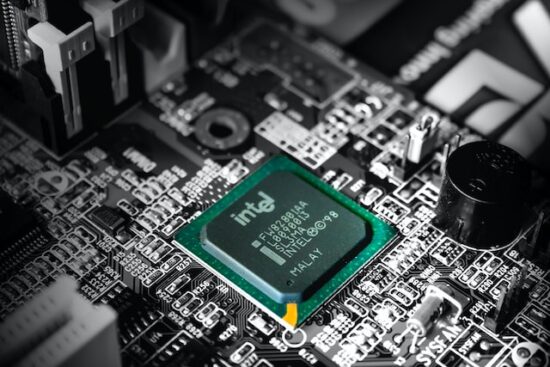The Asus overclocking team has set a new world record for processor overclocking, which now stands at 9008.82 MHz.
Intel’s latest Core i9-13900K processor (which has a standard operating clock of 5.8GHz) was used to achieve the new record, paired with 32GB of DDR5 5600MHz RAM (G.Skill Trident Z) and found on Asus’s ROG Maximus Z790 Apex motherboard, already known for 14 world records and improved power regulation.
But the most important thing is of course the use of liquid helium, which lowered the temperature of the processor to -269 degrees Celsius. A new record was set on both the PiFast (6.85 seconds) and the SuperPi 32M (3 minutes 3 seconds and 788 milliseconds).
The Asus team disabled all E-cores in the Core i9-13900K and disabled hyperthreading, limiting the CPU to only 8 P-cores and 8 threads. The team used an unusual combination of liquid nitrogen (LN2) and liquid helium for cooling.
According to SkatterBencher, one of Asus’ overclockers, the Core i9-13900K is one of the best-behaved CPUs he’s seen when exposed to liquid helium: the chip scales very well in an extremely cold environment and runs at a very low temperature of – 250 degrees Celsius, without much hesitation.
This record is quite impressive, considering that the 9 GHz barrier has been out of reach for decades, even for the best CPUs and the most experienced extreme overclockers. The first CPUs to approach 9GHz were AMD’s FX series processors – numerous overclockers have reached over 8GHz over the years. AMD’s FX line may have been one of the worst CPU models to date, but it was one of the most capable platforms in terms of frequency scaling with LN2 cooling.
However, the improvements that Intel has made to the Raptor Lake processing node are undoubtedly the reason why we are seeing a new world record. Raptor Lake is Intel’s highest CPU architecture ever, with boosted clocks that can reach 5.8GHz at factory on the Core i9-13900K — and we expect to see a special edition Core i9-13900X that can reach 6 GHz at the factory, without manual adjustment.





